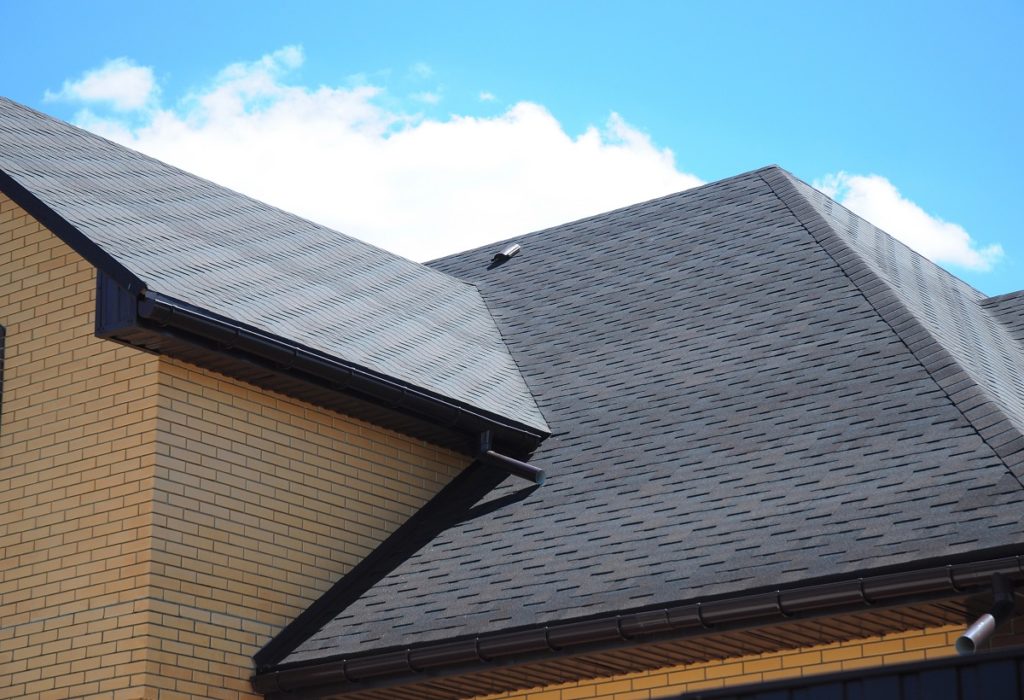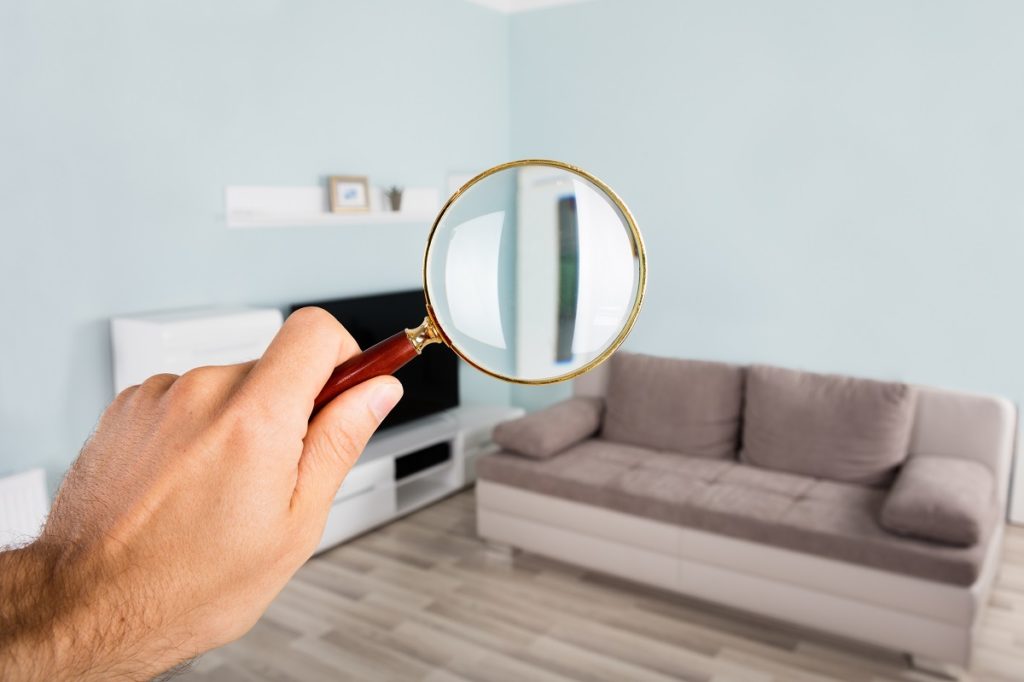You’ve listed your home, found a buyer and agreed on a purchase price. You’re almost there. But you can’t start packing yet, at least, not until you make it through the home inspection.
In the typical cycle of home selling, an independent, licensed building inspector comes in and looks at a condition of a property, either by the buyer’s or seller’s request, before the deal is closed. This is to ensure that there are no unreported defects or problems with the building. If unreported problems pop up all the sudden, the buyer may renege and you’ll lose a sale.
Make sure you pass the home inspection process and close a deal on your home by carrying out the presale preparations discussed below.
Clean and declutter your property
This step may seem like it goes without saying, but you’ll be surprised how many home sellers often skip this step or don’t do it thoroughly. Home inspectors carry preconceived ideas of what a well-maintained home typically looks like. When yours is clean, it shows that you take care of your property and are likely to have other areas of your home well-maintained, too.
So, before a home inspection, make sure to thoroughly clean your interiors. Put away toys and other clutter that will only get in the way of inspectors, and ensure that even the nooks of your house are tidy. Your outdoors matter, too, especially for your property’s kerb appeal. So, rake leaves and debris away, mow your lawn and tidy up your garage or garden shed.
Check your roofing
 Unless your roof’s leaking, you probably haven’t checked its condition in some time. So, take your ladder out and climb to the roof. Clean the debris, like fallen leaves and bird droppings, from the gutters, check for broken tiles or shingles and repair any other damage you notice.
Unless your roof’s leaking, you probably haven’t checked its condition in some time. So, take your ladder out and climb to the roof. Clean the debris, like fallen leaves and bird droppings, from the gutters, check for broken tiles or shingles and repair any other damage you notice.
The roof is a key part of all home inspections, so don’t ignore or forego checking on it just because you haven’t observed anything amiss from inside the house.
Make sure your plumbing system is functioning properly
Home inspectors check on things such as waterproofing, water pressure, leaks and more. They will likely flush your toilet and leave your shower and faucets running for a few minutes so they can identify if there are plumbing and drainage issues.
Even the smallest plumbing problems can leave your property in a negative light because these minor dilemmas can turn into full-blown ones. So, if you notice any leaks or cracks in your pipes, no matter how seemingly negligible, make sure to replace them with more durable materials, such as PVC pipes and electrofusion fittings. Inspectors will know when you have new or well-maintained pipes, which makes for a good indicator of the overall health of your property.
Check your electrical wiring
If inspectors see a blown bulb, they may take it either way: either the bulb itself is out or there’s a problem with your electrical wiring. Instead of letting them determine the extent of wiring damage, have the system repaired before the inspections.
On a related note, you must make sure that your HVAC systems are clean and in good condition. Like faulty wires, damage in HVAC systems can signal a bigger problem down the line, so better have it fixed right away.
If you’ve inspected every nook and cranny of your home and fixed what needed fixing, you should be able to breathe easy the day of your scheduled home inspection. However, don’t be discouraged if they still note minor issues in their report. Most buyers aren’t expecting utter perfection, anyway, but at least you’ve done everything to make your home safe for its possible new owners.

